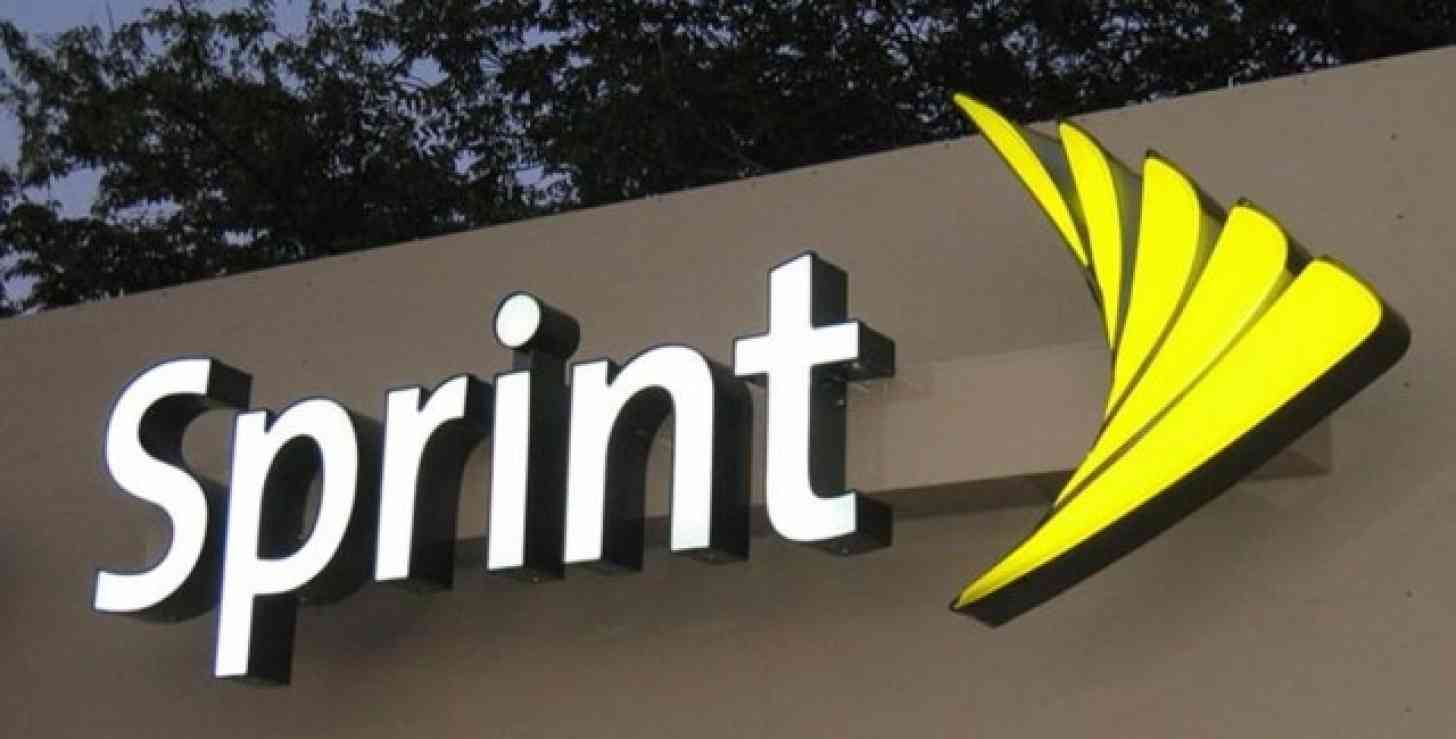
It feels a little weird writing an article with that title. It seems obvious, right? You shouldn't call something “unlimited” if there is, in fact, a limit. However, this logic seems to be lost in certain aspects of the smartphone world.
The term “unlimited” is used a lot in the mobile industry, particularly when talking about carrier plans. There are plans that have unlimited talking, texting, and data - or at least, that's what they tell you. And while talking and texting have typically had very few problems staying true to the term “unlimited”, data tends to end up in a gray area of sorts.
Data plans and smartphones go hand-in-hand. Since our smartphones are small computers, it makes sense to grab a data plan with it so that you can connect to the Internet anywhere you want. There are different data plans available for different people. For somebody who is around enough Wi-Fi networks throughout a typical day, a small data plan that offers 1-3GB worth of data per month would probably suffice. For people who don’t have as much access to Wi-Fi and opt to use their cellular service as their primary means of using the Internet, larger data buckets are optimal.
And no matter how much data works for you, if you manage to go over your specified amount then you’re looking at additional charges. Fortunately, for people who are worried about exceeding their allotment every month there is the option to have “unlimited” plans with certain carriers.
Unfortunately, a lot of these so-called “unlimited” plans typically end up actually having a soft cap – that is, the 3G and 4G speeds you probably expect out of your smartphone can end up being throttled to much slower speeds if you use what your carrier deems to be “too much data”. Three out of the “big four” carriers currently throttle customers using unlimited data who reach a certain amount of data usage per month if they are in a congested network area: AT&T can start after 22GB of usage; Sprint & T-Mobile start after 23GB. Verizon Wireless customers who are fortunate enough to be grandfathered into their (now extinct) Unlimited data plan still have free reign.
Overall, it could be much worse. 23GB of data is a lot more than a lot of people are able to get, but there’s still the problem that this “Unlimited” data is purchased under false pretenses. While the data amount is technically still “Unlimited” (because nobody’s data is getting shut off, just throttled to very slow speeds should the towers nearby be congested) it just doesn’t seem right to keep using the term “unlimited” to describe these plans. The whole point of unlimited data is so customers didn’t have anything to worry about when it concerns a lot of data usage, but I think this is still cause for some concern. People still have to monitor what they’re using if they don’t want to be at risk for throttling.
It’s also not far-fetched for somebody who uses their smartphone as a primary means of connectivity to reach 23GB (and beyond) in a single month. Common apps like Netflix, music streaming (sans Spotify for T-Mobile users, which doesn’t count against the data plan), YouTube, and social media networks can easily add up over a single billing cycle. These same services can become nearly unusable if data is throttled.
To be clear, I don’t have a problem with caps if there is a clear distinction that there is a cap to be reached. If caps need to be put in place for whatever reason, then okay. I do think that carriers using the term “Unlimited” for plans that can be throttled should perhaps pick a different, more sincere word for what it really is. Like, maybe just stating how much data you’re guaranteed to have throttle-free. Or something like that. Just don’t use the word “unlimited” if there is a limit of sorts.
Readers, what do you think about the state of “unlimited” in the mobile industry? Do you think that it’s technically fair to use the term, or should carriers be clearer about the potential for throttling? Let us know in the comments below!